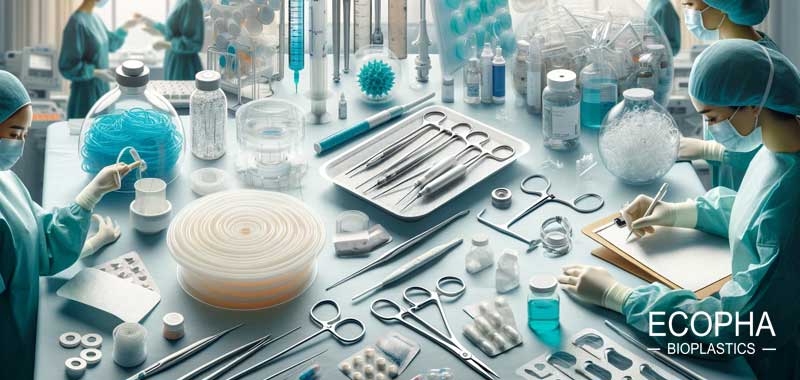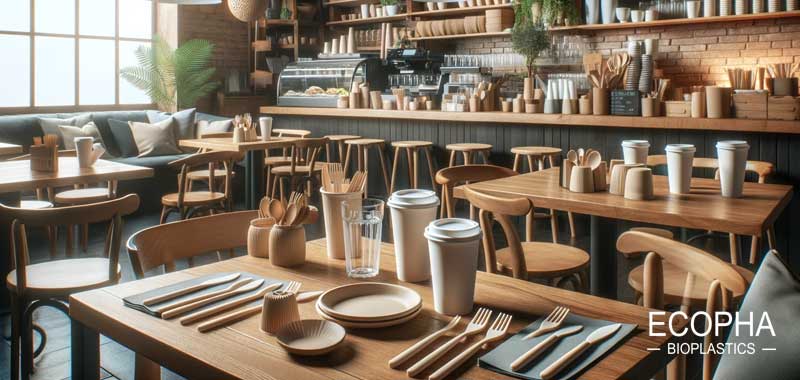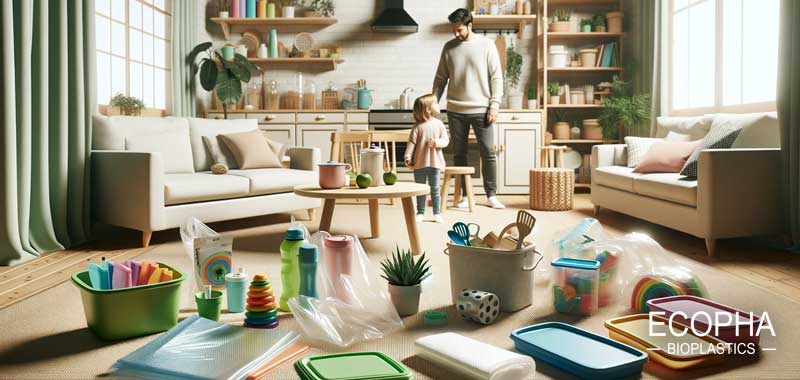Flexibility Meets Sustainability: The Future of Bioplastics
Explore the world of flexible bioplastics and how they are revolutionizing industries with sustainable, versatile materials that don't compromise on quality or performance.
Bioplastics are emerging as a frontrunner in the quest for sustainability, with flexible bioplastics leading the charge. These materials are not just about reducing carbon footprints; they're also about providing innovative solutions to traditional plastics.
Features Highlight
- Superior elasticity and strength comparable to traditional plastics
- Lower environmental impact and carbon footprint
- Made from renewable resources like corn starch and sugarcane
Overview
- This blog takes a deep dive into the world of flexible bioplastics.
- We'll look at how they're made, their uses across various industries, and the environmental benefits they bring to the table.
- Join us as we unfold the layers of flexible bioplastics and their role in a greener tomorrow.
Advantages & Benefits
- Reduced reliance on fossil fuels for production
- Biodegradability leading to less environmental waste
- Compliance with international standards for composability
Flexible bioplastics offer the same, if not better, versatility and durability as their conventional counterparts but with a crucial difference – they're made from renewable resources and are designed to return to the earth harmlessly.
From packaging that keeps food fresh longer to agricultural films that enhance crop growth, flexible bioplastics are stretching the boundaries of what we thought possible. They are reshaping industries, from medical to automotive, proving that we can make the necessary shift to more environmentally friendly practices without losing functionality.
FAQs
What applications are suitable for flexible bioplastics?
Flexible bioplastics are ideal for packaging, agricultural films, disposable items, and any application where traditional plastics are used, requiring flexibility.
How do flexible bioplastics decompose?
When industrially composted, flexible bioplastics break down into natural compounds like water, carbon dioxide, and organic matter.
Can flexible bioplastics be recycled?
Yes, they can be recycled along with other compostable materials or through specialized industrial processes.
Are flexible bioplastics cost-effective?
Initially, they may cost more than conventional plastics, but long-term environmental savings and potential subsidies can offset this.






